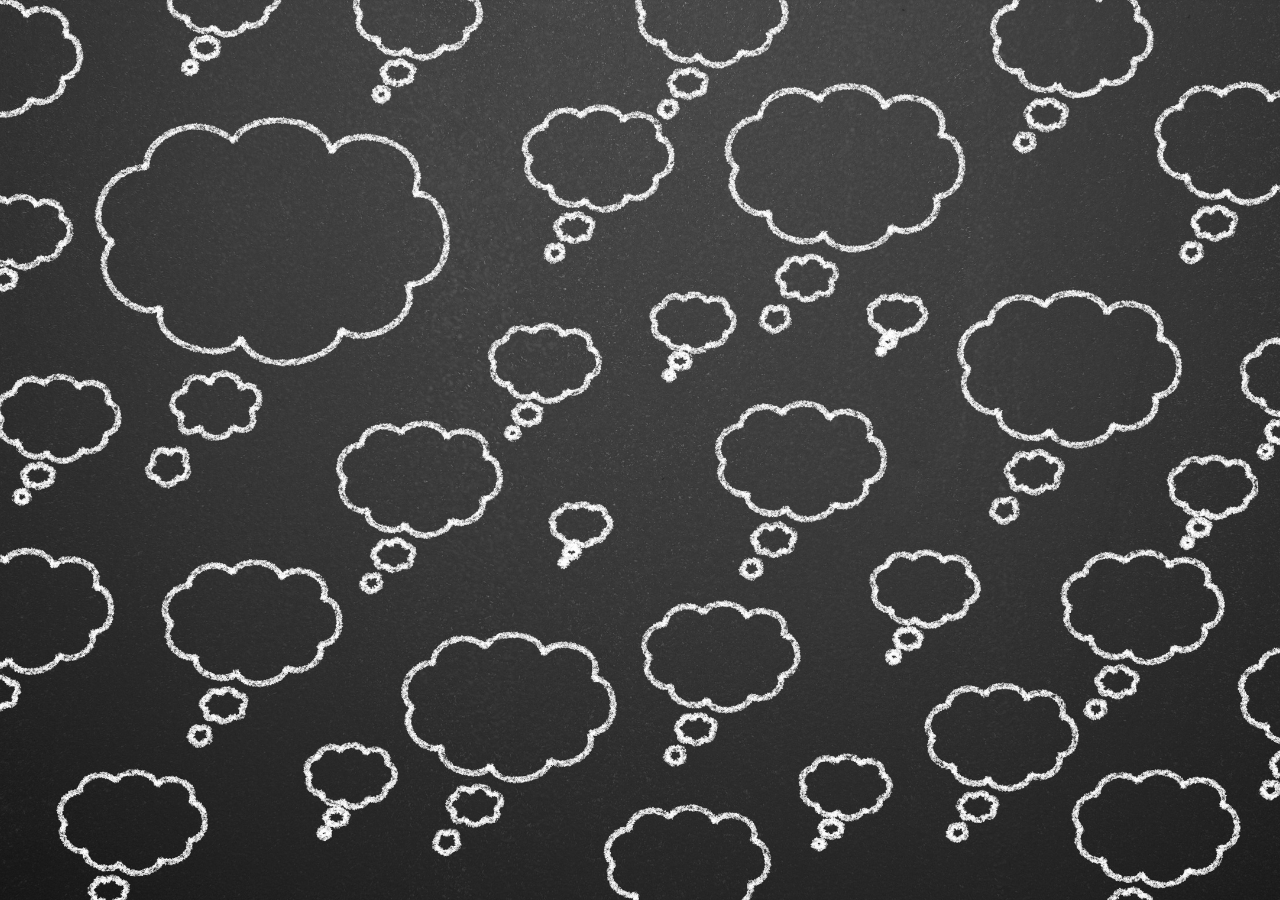I’m excited because I might have finally stumbled across what I’ve been looking for. For as long as I can remember, I’ve been searching for answers. Why does it feel like I’m battling through the video game of life on the hardest level, while everyone else cruises through on easy mode?
I can read perfectly well, but it takes me weeks to finish a novel. I can socialise just fine, but feel completely drained after a dinner party. I can make a to-do list, but almost never follow through. I can write an article, but always submit it just moments before the deadline (yes, including this one).
When scrolling through instagram, an hour can pass in an instant. But when it's time to sit down and work, or recite prayers, I can’t seem to focus for even a few minutes. Sadly, I’ve lost close friends due to my inability to respond to messages and return calls. The idea of feeling on top of things, or ‘ahead of the game’ is completely alien to me.
And yet, I got through college (just), and even completed a master’s degree. I’ve held down my job as an interior designer for three years now, and have been happily married for four. Not everyone is so fortunate. What could explain the high-functioning personality accompanied by such overwhelm and constant guilt for being unproductive? It couldn’t be ADHD, or could it?
A misnamed condition
Like many, I’d always equated Attention-Deficit/ Hyperactivity Disorder with rowdy and disruptive children, which was not me at all. I now realise this is a stereotype, often exacerbated by society. ADHD symptoms include carelessness, losing things, speaking out of turn, a quick temper, and dangerous driving. But I can’t identify with any of these. So what’s the reason for my distractibility, brain fog, frequent overwhelm and burnout cycles, sleep issues, and struggles with time management?
As per the CDC, there are actually three types of ADHD. Most of us know about the ‘hyperactive’ type: the restless kid who interrupts the teacher, kicks chairs across the room, and throws crayons out of the window. The other type is predominantly ‘inattentive.’ These are people who struggle to organise themselves and complete tasks, and who get easily distracted and forget or lose things. There’s also a ‘combined’ type, in which all the above symptoms are present.
Dr Thomas E. Brown, a Yale-trained specialist in ADHD, says that people who are more hyperactive in childhood outgrow their symptoms by early adolescence, while those who are inattentive actually face more difficulties as they take on adult responsibilities.
I’m the inattentive type. The condition was never picked up by my teachers, parents, or doctors, which is becoming an increasingly common story. Beyond the stereotypes, society just doesn’t know enough about the condition. ADHD is routinely missed in large sections of the population; firstly, due to a lack of awareness about the condition; and secondly because neurodivergent individuals—often subconsciously—go to great lengths to ‘mask’ their quirks and overcompensate for their so-called flaws. They do this to fit in with others, which ironically, and unfortunately, makes their condition difficult to spot.
Slowly—and thankfully—this is changing.
Many people credit social media platforms for opening their eyes to the possibility of being neurodivergent, since more and more people feel comfortable sharing the stories of their foibles, failings, and face-palm moments. Of course, there’s plenty of nonsense about this topic on social media too, often oversimplified, sometimes silly, and frequently false.
But the prevailing myths—that ADHD is a childhood disorder; that everyone outgrows it; that high-functioning people cannot have it—are being dismantled, and a broader understanding is spreading. In my case, my eyes were first opened to the possibility by a blogger, who posted a long article in 2021 in which they revealed their diagnosis. His experience resonated so strongly, it led me to dig further, and eventually (after some trademark procrastination) book an assessment.
“Everyone is a bit ADHD nowadays,” some like to tease. Well actually, that’s incorrect and even a bit offensive. According to the APA, it’s “a chronic and debilitating disorder,” due to a deficiency of dopamine in the brain. Diagnoses are only given to those for whom symptoms affect their day-to-day lives. It’s not fun or cute, as some would claim. It’s really exasperating.
The struggle to wake up on time, to stay focused on tasks, while worrying about job security or failing in school can lead to mental health concerns like anxiety, depression, and low self-esteem. This often leads to misdiagnoses of the underlying condition, especially among women.
An estimated five percent of the population are affected by ADHD, and many of them are still undiagnosed. But celebrities are helping the cause by disclosing their neurodivergence. We know that Simone Biles, Justin Timberlake, Richard Branson, and Zooey Deschanel have the condition, which has encouraged fans and others to look further into it.
The bright side
People with ADHD are born with the condition. It’s not something that can be fixed, but it also doesn’t need to be, because I’m not broken and there’s nothing inherently ‘wrong’ with me. ADHD is just a neurological condition that makes some of us different from others. In some ways it even gives us an advantage over them, and it can actually be seen as a gift.
Research has shown that people with ADHD are more creative, curious, and sensitive than their neurotypical peers. We have a strong sense of justice, and can see patterns where others see chaos. What looks at first like a set of challenges can in fact be converted into positives. For example, impulsivity can be turned into spontaneity; vivid imagination can be turned into heightened problem-solving ability; risk-taking can be seen as entrepreneurial; while our empathetic nature makes us more generous and compassionate toward others.
In my case, the ability to hyper-focus and my attention to detail are useful assets, while my flexibility and composure in a crisis is invaluable. I also have an impeccable intuition — I can tell within a few minutes if someone is lying or sleazy. People have told me that I’m loyal, witty, warm-hearted, and resilient; qualities I’m grateful for.
Where I could use help from others is with deadlines (set them for me, but also give me some leeway), unfamiliar situations (help me to prepare for them), and giving feedback (accentuate the positives!). If you know someone with ADHD but don’t know much about the condition, try to learn more about it so that you can better support them.
As I walk out of the doctor’s office and into the sunshine, I smile, and a wave of relief washes over me. A life full of struggle, with many sleepless nights, lost friends, and unfulfilled potential is beginning to make sense at last. At the age of 36, I’ve finally been diagnosed with ADHD.
I now have the vocabulary to explain my quirks, and it means I can begin on a journey to manage them, while being kind to myself and amplifying my strengths. The next 36 years will be interesting indeed.








